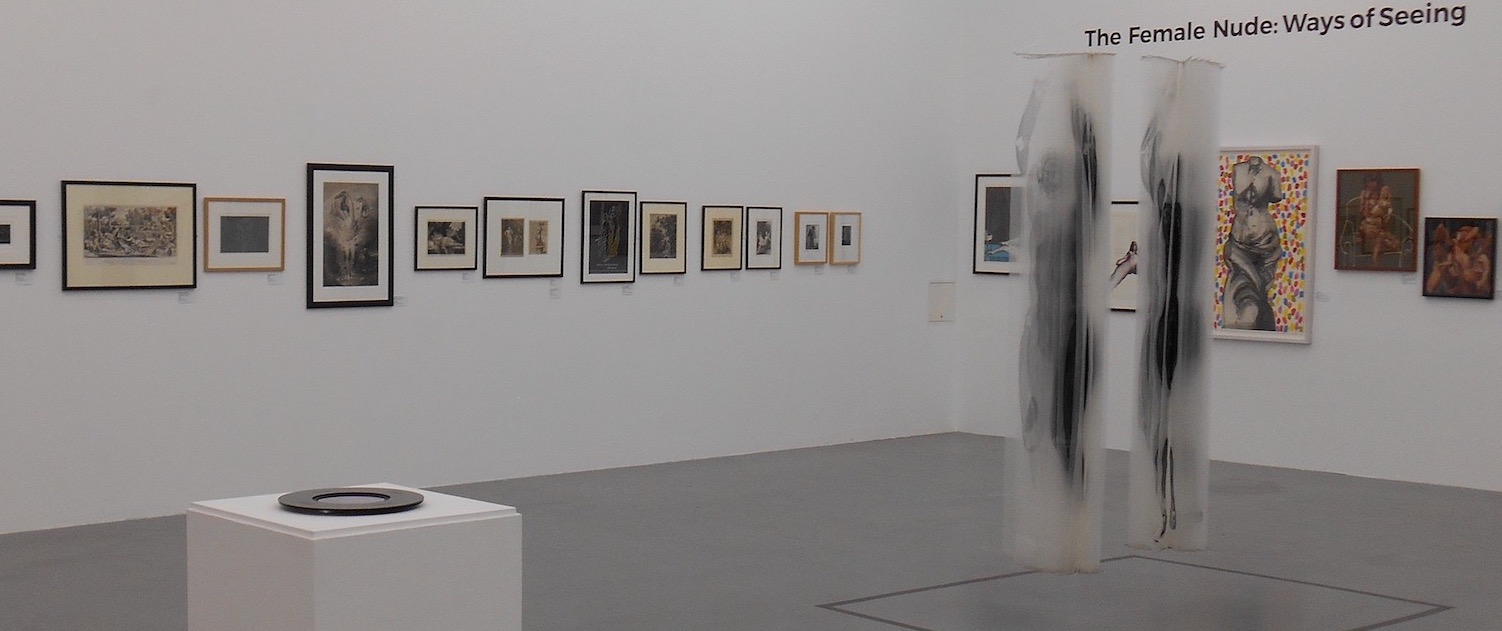The winner of the John Fisher Memorial Prize for 2021 is Dr Claire Anscomb for her paper entitled “Creative Agency as Executive Agency: Grounding the Artistic Significance of Automatic Images.” She will present the paper at the American Society for Aesthetics Annual Meeting in Montreal November 17-20, 2021. Her paper, selected by the JAAC editorial board review committee from eight nominations, will be published in the Journal of Aesthetics and Art Criticism.
Dr Anscomb received her PhD from the University of Kent in the History and Philosophy of Art in 2019. For more information about her work: https://www.claireanscomb.com/
The Fisher prize, awarded in alternate years to an original essay in aesthetics, was created in memory of the late John Fisher, editor of The Journal of Aesthetics and Art Criticism from 1973 to 1988. The Prize of $1000 and travel to the Annual Meeting is offered to foster the development of new voices and talent in the field of aesthetics. The next Fisher Prize will be awarded in 2023. The deadline for submission is January 15, 2023. Guidelines
The abstract for Dr Anscomb’s winning paper: “Creative Agency as Executive Agency: Grounding the Artistic Significance of Automatic Images”
Abstract: This article examines the artistic potential of forms of image-making that involve registering the features of real objects using mind-independent processes. According to skeptics, these processes limit an agent’s intentional control over the features of the resultant “automatic images”, which in turn limits the artistic potential of the work, and the form as a whole. I argue that this is true only if intentional control is understood to mean that an agent produces the features of the work by their own bodily movements alone. Not only is this an unrealistic standard to uphold, but I show that a definition of intentional control based on the skeptic’s position does not prohibit an agent from realizing the features of a work by means beyond their own actions. An agent can exercise intentional control over the features of a work if they successfully anticipate the effect that the remote consequences of their actions will have on these. This, I argue, entails that to exert intentional control over the features of a work is to exercise “creative agency”, which is a species of executive agency. Consequently, I defend the idea that the origins of automatic images in creative agency grounds their artistic significance.
